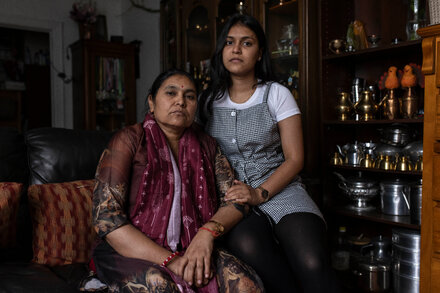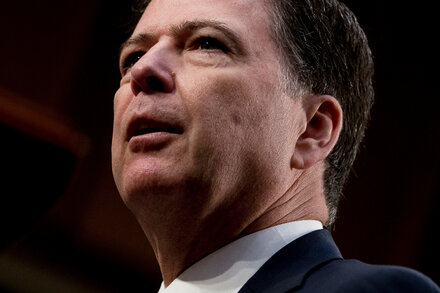
Mexico has embarked on a significant cultural initiative aimed at countering the pervasive influence of cartel-glorifying music by promoting genres that advocate for peace, community, and positive values. This effort seeks to shift the cultural narrative, particularly among younger generations, away from the often violent themes prevalent in “narcocorridos” towards more constructive forms of musical expression.
For decades, Mexico has grappled with the deep-rooted presence of organized crime, which has permeated various aspects of society, including its cultural landscape. Narcocorridos, a subgenre of traditional Mexican corridos, have gained immense popularity by chronicling the lives, exploits, and often brutal acts of drug traffickers. Critics argue these songs normalize violence, idolize criminals, and contribute to a culture where illicit activities are seen as pathways to power and wealth.
In response, the Mexican government, alongside various cultural organizations and independent artists, has launched programs designed to foster the creation and dissemination of music with uplifting messages. These initiatives focus on supporting musicians who write about everyday life, love, resilience, social justice, and the rich cultural heritage of Mexico, distinct from the glorification of violence.
“We recognize the immense power of music to shape minds and hearts,” stated a spokesperson from the Ministry of Culture during a recent press briefing. “Our goal is not to censor, but to offer alternatives. To show our youth that there are countless stories to tell, and that narratives of hope, hard work, and community building are just as, if not more, compelling than those of conflict and crime.”
The strategy involves funding workshops for young musicians, organizing festivals that showcase diverse genres, and providing platforms for artists who actively promote peace. Efforts are also being made to ensure broader radio play and digital distribution for these “sweet songs,” aiming to compete with the widespread reach of narcocorridos on various media.
However, the endeavor faces considerable challenges. The financial incentives and widespread commercial appeal of narcocorridos remain strong, often backed by the very cartels they celebrate. Furthermore, the genre’s deep integration into local cultures makes it a formidable force to counter.
“It’s a marathon, not a sprint,” commented María Elena Sánchez, a cultural activist involved in a music-for-peace program in Jalisco. “Changing deeply ingrained cultural patterns takes time and consistent effort. But we see hope in the eyes of young people who pick up a guitar and choose to sing about their dreams instead of violence. That’s where the true change begins.”
The initiative represents a proactive approach to combating violence through cultural means, seeking to nurture a generation that values harmony and creativity over conflict. Whether these “sweet songs” can ultimately prevail over the “bloody ones” is a long-term question, but Mexico is resolutely giving it a try, banking on the transformative power of art.
Source: Read the original article here.





